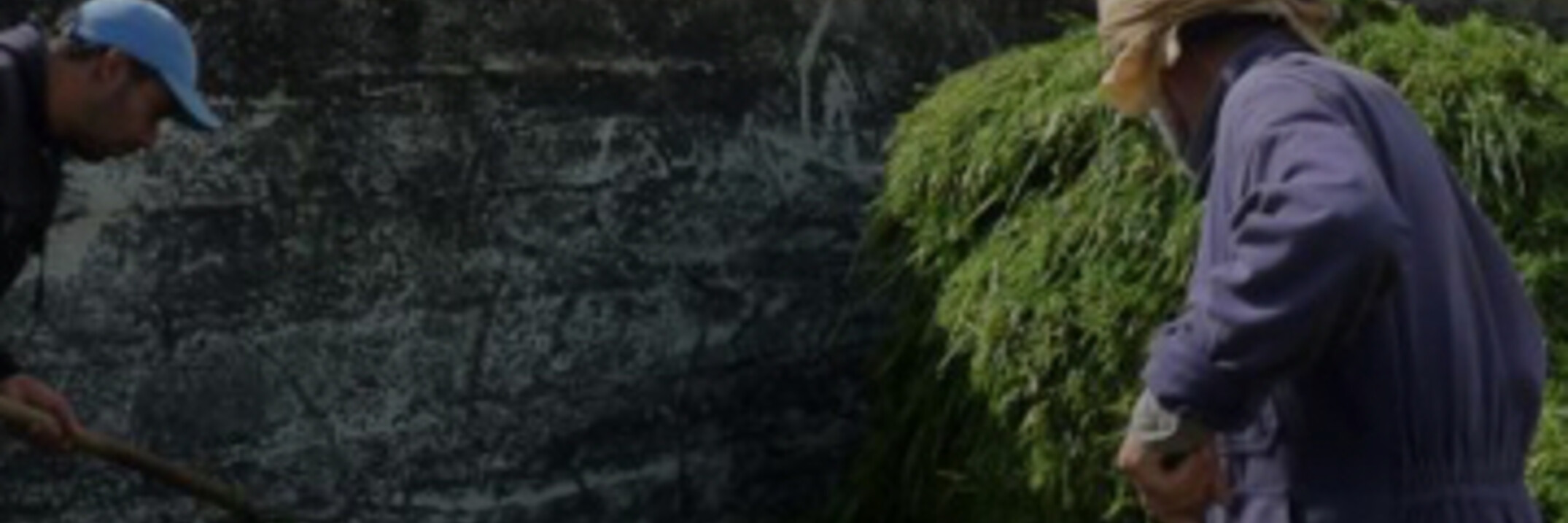On Tuesday 5th July, ICARDA's Monitoring, Learning, and Evaluation (MEL) Team host a discussion panel on including women in the development of gender-responsive digital solutions, presenting lessons learned from the AI-Driven Climate-Smart Women's Beekeeping project.

